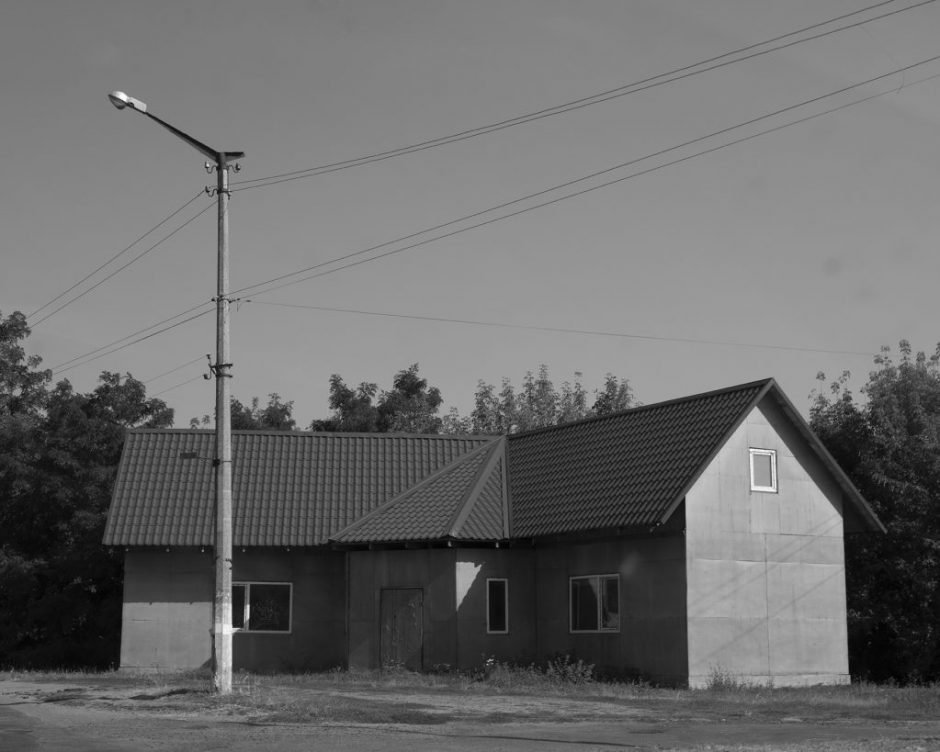Background
A comparison of the assessing learning in formative assessments in a classroom with peers and personal tutorials and exchanging feedback creates numerous positive and negative scenarios. There are students who are neurodiverse who find the environment of a peer to peer exchange of assessment challenging for example being asked to contribute to a crit can result in situation where they feel uncomfortable speaking to a group like wise students who feel that their language skills are not adequate and need time to reflect on what is being asked of them within a short intense time frame feel under undue pressure to give any meaningful response.Whereas within the personal tutorial while still in a short time frame which always over runs there is some dialogue that allows for constructive feedback towards the final summative assessment.
Evaluation – Evidence
In the classroom approach I have followed a structure that feels constrained by time. After completing a short formative assessment followed by peer feedback has amounted to being not very constructive, partly due to two factors.
The same students tend to give feedback, often there feels fear in expression of being critical so as not to upset their fellow students. “The notion of the ‘educated self’ is a contested one and one subject to change.” Barrow
Moving Forward
Assessment as a technology of the self –
I will reflect on the strategies of combining “disciplinary technologies and technologies of the self “noted in Barrow 2006 and find a role between these two, I will use the assessment technology in an individualising way, to know the student and provide a guide to the student to recognise his or her strengths and weaknesses to achieve the desired outcomes. These must go arm in arm with discussions with colleagues in the requirements of the learning outcomes that fulfil the modules we are teaching.
Organising Assessment
Looking at the results of Russell 2010 Assessment Patterns: a review of the possible consequences Moving away from high stakes, end-of-process assessment as a foundation moving forward.
Currently formative assessment occurs in the MA Commercial Unit at very short intervals where upon small portfolios of work are delivered in a two-week timeframe, I will suggest that a longer timeframe is required, and more long form projects are desirable in allowing the students to develop their language and authorship. This would give an opportunity for students to develop self regulation skills in understanding the feedback and help their motivation
During this time more 1-1 tutorials are introduced as the projects develop and formative assessment can have a more defined impact leading to the summative assessment. This would give a further opportunity for students to develop self regulation skills in understanding the feedback in a different safe enviroment and help their motivation whilst also considering the role of the teacher who devises learning tasks and assessment criteria.
References
Studies in Higher Education Publication details, including instructions for authors and subscription information: http://www.informaworld.com/smpp/title~content=t713445574 Assessment and student transformation: linking character and intellect Mark Barrow a Unitec Institute of Technology, Auckland, New Zealand
Pintrich and Zusho (2002) – Self-regulated learning is an active constructive process whereby learners set goals for their learning and monitor, regulate, and control their cognition, motivation, and behaviour, guided and constrained by their goals and the contextual features of the environment. (p. 64)
- Russell, M. (2010) University of Hertfordshire Assessment Patterns: A Review of the Possible Consequences. Available at: https://blogs.kcl.ac.uk/aflkings/files/2019/08/ESCAPE-AssessmentPatterns-ProgrammeView.pdf (Accessed: 13 March 2024)
